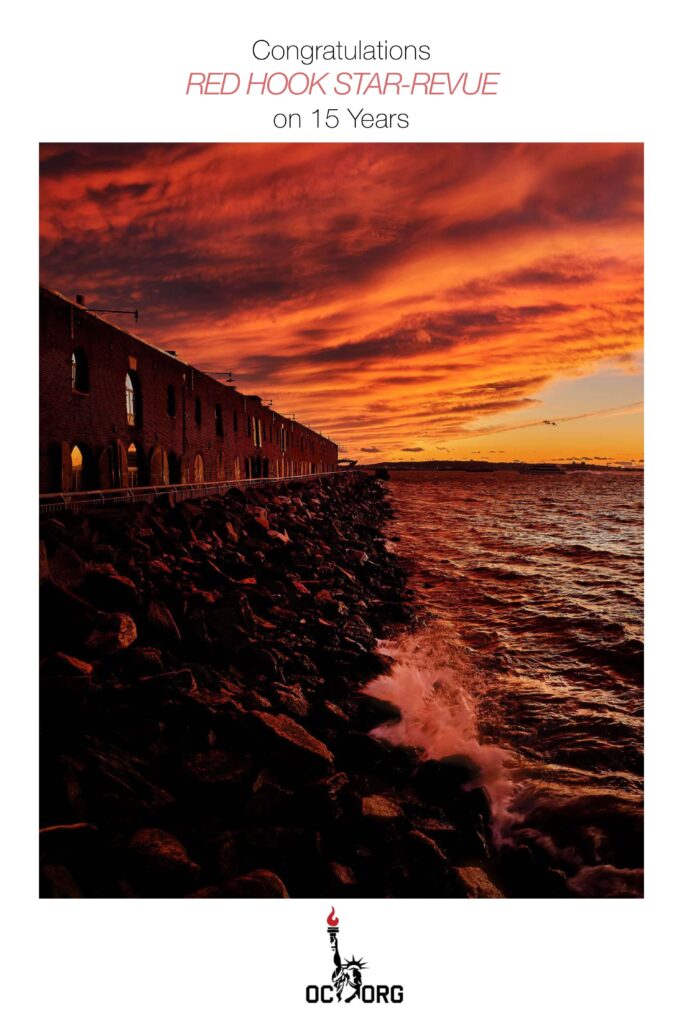25 years ago, Ibrahima Diokhane opened Keur Djembe, an African drum shop, on Union Street. When I stopped in to talk to Ibrahima last month, he was sitting on a stool, as if waiting for me.
“Ibrahima?”
“Yes, that’s me.” The store was about as big as my living room.
I told him that I wanted to write an article about his shop. We started talking about its history and origins.
“I was very lucky,” said Ibrahima, “I was living in this building and when the space I’m now in opened, the landlord said I could take it.” He told the landlord he didn’t think he had enough money to pay the rent.
“The landlord told me not to worry,” continued Ibrahima. “He offered me a very reasonable rent. And he told his children to never raise the rent on me.”
He put his hand to his heart and said, “I was blessed.”
“How did you learn how to make drums?” I asked.
“Everybody has to learn something,” he said. As a 12-year-old boy in Senegal, he became interested in drums and how they are made.
“I learned on my own,” he said. His hands looked strong from the many years of carving, sawing, and working the wood. His knuckles were thick and barbed from decades of use.
“It’s not easy work,” he added. “You can’t make money just selling the drums; you have to make them. And I can fix any drum. People even bring me their congas and other percussion instruments to repair. This is my life.”
I saw a trunk loaded with wood in the back room of the shop. “Where do you get the wood?”
“I get the wood and the skins from Senegal,” he answered. “I go to Africa about once a year. I want to buy from my home country. My drum-making creates jobs for a lot of people. People who make the goat skins, people who cut the wood. Artists, others.”
“I have a container of 200 drums waiting for me in Senegal,” he noted. “But with the coronavirus, it’s slowing down exports. People are waiting for me to come. It’s a problem.”
As he talked, Ibrahima picked up one of the drums and showed me how to tip the djembe holding it with your inner thighs. To get a snare like thwack you hit only the edge with your fingertips. To get a deeper sound you move closer to the center. You hit the very center for the bass drum sound. He then pointed to the intricate web of stitches that extend from the skin; you tune the drum by tightening the stitches.
The drums easily drift out of tune, he said. “People come to me for tuning, for repair. These drums need constant care.”
Now about 70 years old, Ibrahima has no apprentice. “I have six children,” he explained. “They don’t want to learn about making drums. They see how hard this work is and don’t want to do it.”
Ibrahima told me that the building that houses his shop will likely get sold sometime in the foreseeable future. I asked him what he would do if that happened. Work from home?
“No,” he said, “I would retire. I’m tired. After all these years, working hard, going back and forth to Africa, I want to take a rest.”
As he looked pensively down at the drum in his hand, he then began playing it. Then I picked up a djembe and we started playing together.
Learn more about Keur Djembe at keurdjembe.com. Mike Fiorito’s most recent book, Call Me Guido, was published in 2019 by Ovunque Siamo Press. His two short story collections, Hallucinating Huxley and Freud’s Haberdashery Habit, were published by Alien Buddha Press. He is a regular contributor to the Red Hook Star-Revue. Visit callmeguido.com.
Author
Discover more from Red Hook Star-Revue
Subscribe to get the latest posts sent to your email.










